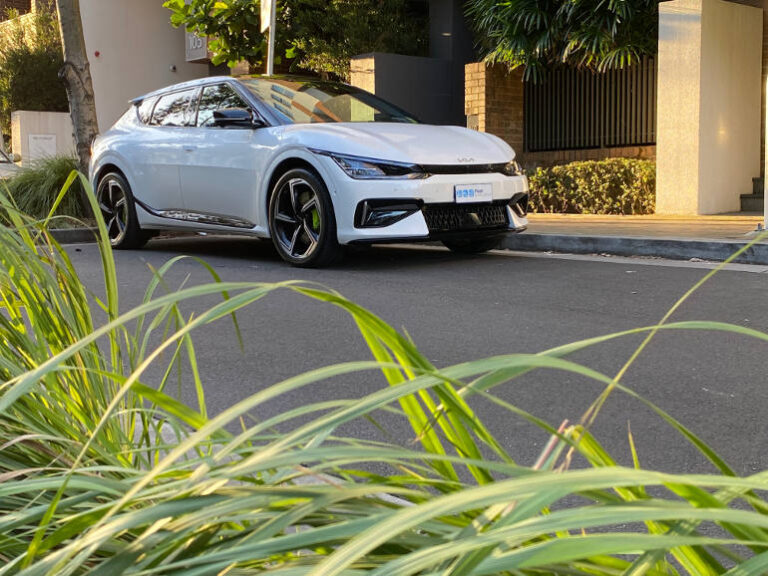In the state budget this week, the The Hon. Daniel Mookhey MLC, Treasurer announced that the government is revamping the NSW Electric-Vehicle strategy.
“Rather than spending $263 million of the public’s money on private subsidies for electric-vehicle buyers, this Budget will use those funds to build more electric-vehicle infrastructure. Especially charging infrastructure. Especially in regional NSW,” Mookhey outlined in his budget speech.
Fleet EV Incentive
This does NOT impact the fleet incentive. The NSW Government still plans to invest $105 million to support private and local council fleets to purchase EVs and is committed to electrifying its own passenger vehicle fleet.
With an average car ownership period of four years, encouraging Fleet Managers to buy electric vehicles will deliver more EVs into the second market in a short space of time which means cheaper, well maintained, used electric vehicles for NSW residents.
Christmas EV buying spree expected
As of 31st August 2023, 8,391 rebates ($25 million) have been paid out of the 25,000 rebates available for new eligible EV purchases with a dutiable value up to $68,750.
The $3,000 rebate, only applicable to private buyers and some small businesses, will stop on 1st January 2024. EV owners will also miss out on the stamp duty exemptions which will also cease.
Dealerships and manufacturers can expect an increase in sales as December approaches because consumers won’t want to miss out on their $3,000 discount. They’ll only benefit of the new electric vehicles are in stock now, or arriving on a boat before December.
Novated lease provides should also plan for a rush of enquiries because employees can benefit from the FBT Exemption on electric vehicles as well as the $3,000 rebate if the delivery occurs before 1st January 2024.
Investments in charging infrastructure
The NSW Government aims to increase electric vehicle sales to more than 50 per cent of new cars sold in New South Wales by 2030. To achieve this, the Government is investing:
- $263 million in new (recurrent) funding to deliver the Electric Vehicle Strategy, including additional EV infrastructure
- $149 million to co-fund the delivery of ultra-fast EV charging stations
- $20 million for co-funding EV charging infrastructure in commuter carparks
- $20 million to co-fund destination charging along tourist routes
- $10 million to co-fund about 500 kerbside charge points in areas of metropolitan NSW where residents do not have access to off-street parking
- $10 million to co-fund upgrades to electrical infrastructure in about 100 medium and large apartment buildings.
The NSW Government can’t control vehicle supply or pricing. It can’t control the global influences that are restricting the adoption of electric vehicles. It can’t even control the fuel efficiency standards being considered by the Federal Government.
Infrastructure is something it can control, and it will be a lasting legacy for NSW residents and voters. So pivoting the investment towards charging infrastructure makes sense. It’s not stopping the support to accelerate the adoption, it’s just redirecting it.
More charging infrastructure benefits Fleet Managers planning to transition their fleets because drivers and other stakeholders will be more accepting knowing there’s plenty of charging options.






